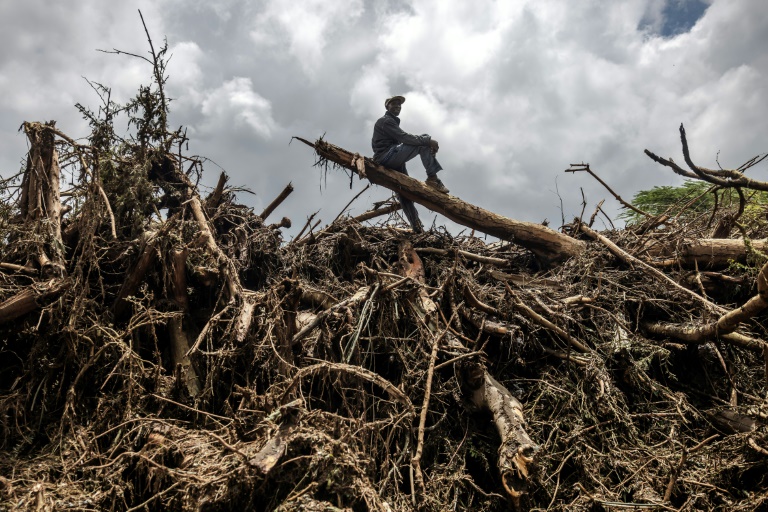After 15 years of waiting, Canadian astronaut Jeremy Hansen will have to wait at least one more year before his first flight in space.
NASA announced Tuesday that the launch date of the Artemis II mission to the moon, originally scheduled for later this year, has been pushed back nearly a year to September 2025.
The Artemis program is a plan to return humans to the moon for the first time since Apollo 17 in 1972. Unlike the Apollo program, during which astronauts explored the moon for a few hours or days, Artemis is meant to ultimately establish a space station in lunar orbit and a base on the surface of the moon where astronauts can live and work for extended periods.
The rocket for Artemis, the Space Launch System or SLS, is partially derived from re-purposed space shuttle hardware. So far, there has been only one launch, an unmanned flight around the moon in 2022. That mission was successful, but NASA says there were issues that need to be addressed before the next one takes place.
One issue was that the heat shield on the bottom of the capsule, which protects the astronauts during the fiery re-entry into the Earth’s atmosphere, shed more material than expected, so that bit of critical hardware is being re-examined. NASA engineers also found some minor defects in some electrical systems that they want to replace and test as well.
NASA’s ultra-cautious approach
During a news conference, NASA officials said safety is their first priority and they won’t launch until ready. They certainly don’t want a repeat of the Apollo 13 mission when an oxygen tank exploded on the way to the moon threatening the astronauts’ lives. Nor do they want to relive the total loss of a spacecraft and crew such as the Columbia and Challenger space shuttle disasters. Those experiences have taught NASA to be ultra-cautious.
That cautious approach to space flight is one of the reasons behind the slow progress of the Artemis program. To put that into perspective, when former U.S. president John F. Kennedy announced in 1961 that America was going to land men on the moon within the decade, the goal was reached in nine years. In 1969, Neil Armstrong and Buzz Aldrin made the first footprints in lunar dust.

That crash program included designing everything from scratch. There were five other lunar landings in the next three years. Artemis was announced in 2017 with only one unmanned launch in 2022. It shows that even more than 60 years later, getting to the moon is still not easy.
Hansen to be 1st Canadian to travel to moon
Artemis II is planned to carry a crew of four, including Hansen, who will be the first non-American to leave Earth’s orbit.
A former Canadian Forces fighter pilot, Hansen was chosen by the Canadian Space Agency to be an astronaut in 2009 along with David Saint-Jaques. But he’s had to wait while his fellow astronauts Chris Hadfield, then Saint-Jaques, were selected to fly long duration missions on the International Space Station.
But Hansen hasn’t spent his time sitting idly waiting for a ride on a rocket. He has been constantly busy performing many roles, including capsule communicator, the person in mission control who speaks directly to the crew in space. He participated in a human performance experiment in a cave in Sardinia carried out by the European Space Agency and was a crew member in NASA Extreme Environment Mission Operations (NEEMO), during which he spent ten days in an underwater habitat off the coast of Florida that is used as an analogue for the space station and a simulator for an outpost on the moon. NEEMO astronauts don spacesuits and use the ocean floor to practise walking on the lunar surface.

Hansen has also been an instructor for new astronauts and inspiration for young people across the country to become interested in STEM.
In 2023, it looked like Hansen’s long wait was finally over when he was selected as a crew member for Artemis II. Now with the latest delay, his dream of flying in space will have to wait another year.
Despite the wait, Hansen’s flight could yield huge rewards. He will ride atop a hugely powerful rocket, check out a new spacecraft and get a new perspective on our planet as seen from the far side of the moon with the tiny Earth in the distance floating in the blackness. It is sure to have a profound impact on him and those who follow.







